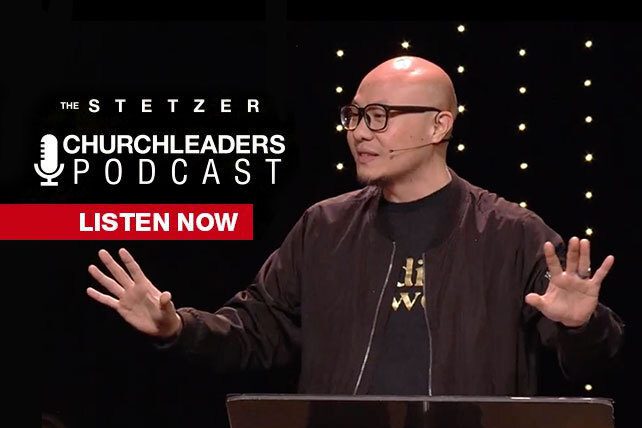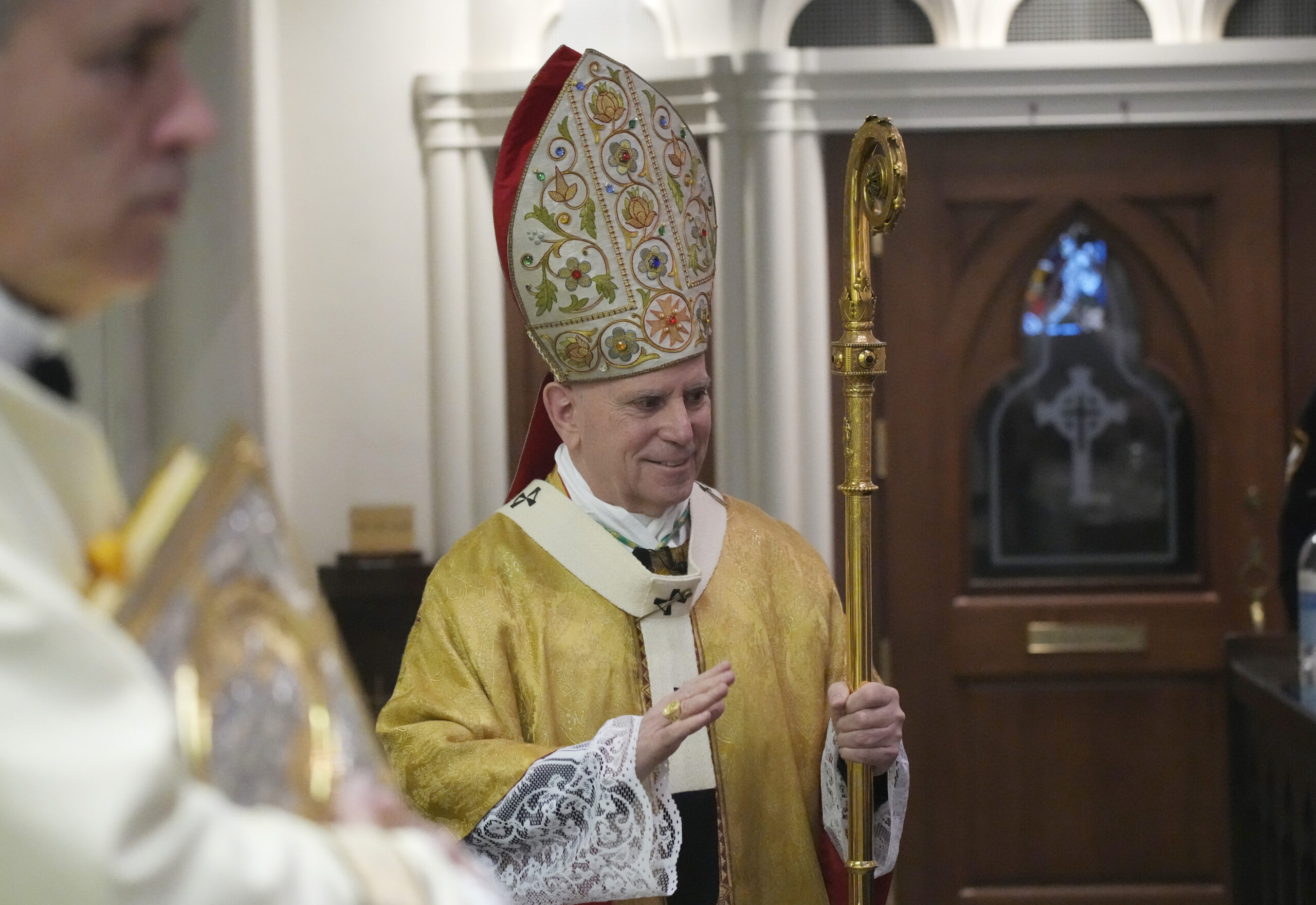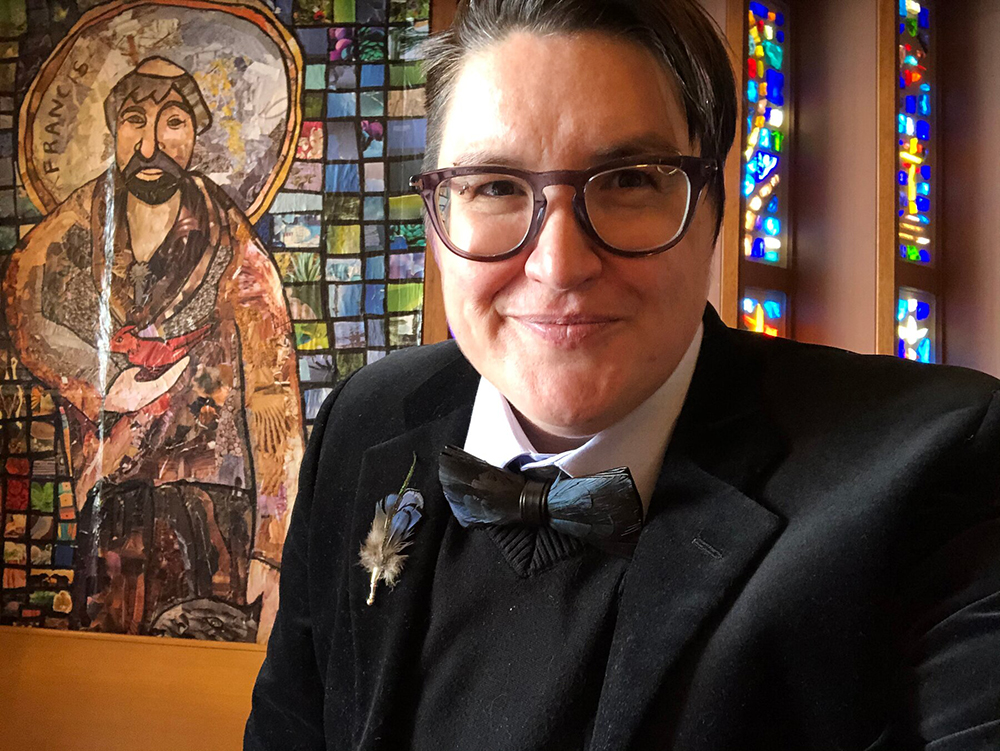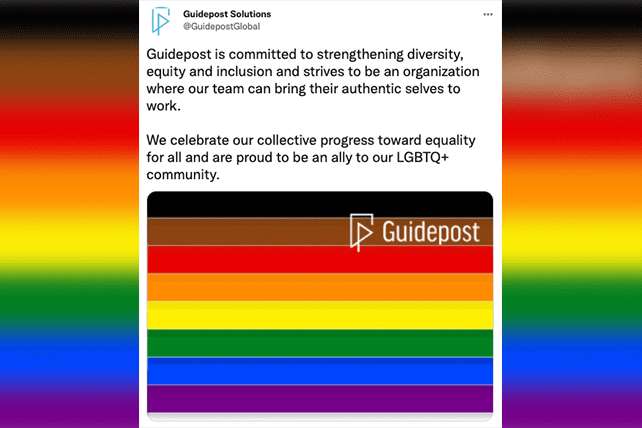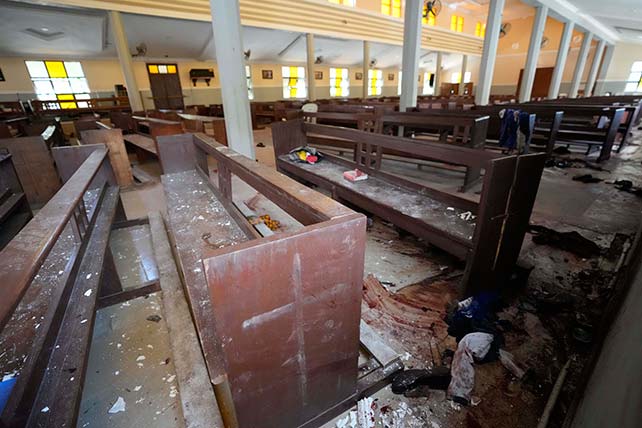William B. Eerdmans Publishing Company, an historic evangelical publisher founded in 1911, has responded to criticism regarding the company’s LGBTQ+ Pride Month reading list.
“Wherever you stand or whatever you think you know, #PrideMonth is an important time to take a step back, listen to real stories, and seek to understand,” the publisher said in a tweet linking to the reading list, which was hosted on the company’s blog, EerdWord.
The company removed the tweet after a wave of criticism over the weekend. On Tuesday, Eerdmans posted a link to the list on Twitter again, this time with further explanation.
“Regardless of your doctrinal and ethical convictions, #PrideMonth is a good time for listening to LGBTQ+ voices,” the Twitter thread said. “This weekend, we took down our post because the overwhelming vitriol was alarming, and we wanted to protect our authors. We stand by our EerdWord post, so we have tweeted the link again. But we think we should also offer some explanation.”
RELATED: Historic Evangelical Publisher Posts Reading List for Pride Month
“Some of the replies to our original tweet could be summarized as: ‘With this tweet, you have gone over to the dark side. Your company is now useless and we hope you go bankrupt and your employees become jobless,’” Eerdmans’ statement continued. “For those who thought that cursing and reviling would be an appropriately Christian response to an invitation to try to understand LGBTQ+ Christians, we offer no response. Their self-revelation speaks for itself, and it grieves us.”
Addressing those who had moral qualms about the reading list, Eerdmans said, “For our conservative Christian readers and friends who may be disturbed by the slander of the revilers, we want to explain the misunderstandings they voiced.”
“The revilers say we have changed our position and begun to teach heresy. There are several problems with that accusation,” Eerdmans argued. “We do not think it is for us as a publisher to define doctrine for the church. We are not the pope, or an ecumenical council, or even a pastor. Our role is to publish books, representing both settled and experimental positions, that serve the church in its ongoing deliberations.”
The Eerdmans statement went on to say that the publishing company has no issue with publishing works that contradict each other on important theological issues, adding that they publish books written by Protestants, Roman Catholics, and Eastern Orthodox Christians alike, adding, “We are not confused. We are a publisher that serves the ecumenical church.”
“With regard to Christian understandings of LGBTQ+ people, Eerdmans has been publishing books for quite a few years by authors who have come to an affirming conclusion on biblical and theological grounds. This is not new for us,” Eerdmans said. “At the same time, Eerdmans has continued and will continue to publish books by and for people who have not come to this conclusion.”


